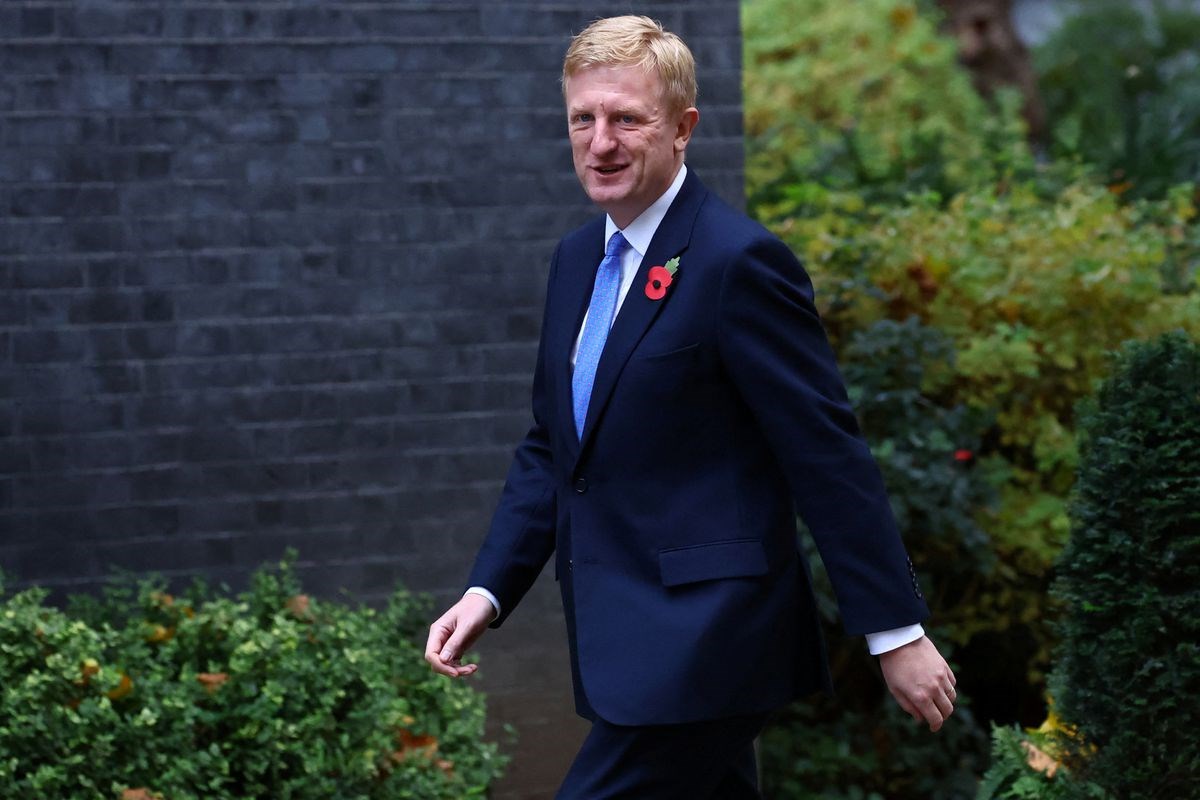UK government facing tough budget decisions: Cabinet office minister
In order to close a budget gap, the British government must make difficult decisions on taxes and spending.
-

Oliver Dowden walks outside Number 10 Downing Street, in London, Britain, November 1, 2022. (Reuters)
Britain's government is facing substantial and difficult tax and expenditure decisions in order to close a budget gap, cabinet office minister Oliver Dowden said on Sunday, declining to discuss potential measures.
With their first budget program on November 17, Prime Minister Rishi Sunak and Finance Minister Jeremy Hunt will lay out plans to address a gap of at least 40 billion pounds ($45.50 billion).
Read next: Sunak delays budget plan, reinstates fracking ban
Officials said all options are being studied, including extending a windfall tax on energy corporations and reducing the tax-free allowance for dividend income.
"It's right that we take difficult decisions," Dowden told Sky News. "I have to say to you and your viewers there will be, unfortunately, more significant difficult decisions to come in the autumn statement."
Dowden went on to say that while the government is focused on safeguarding the most vulnerable individuals, it is also faced with challenging fiscal and expenditure issues.
UK plans to increase taxes to overcome a billion pounds deficit
UK Treasury officials, as cited by The Financial Times, stated that incoming UK Prime Minister Rishi Sunak plans to hike taxes to overcome a 50 billion pound ($57.5 billion) deficit in public finances.
The government's medium-term financial strategy "to put public expenditure on a sustainable foundation, get debt reducing, and restore stability" is anticipated to be unveiled by Chancellor of the Exchequer Jeremy Hunt on November 17.
Officials from the Treasury claim that Sunak and Hunt reached a tax hike agreement on Monday.
The FT cited officials as saying that "it is going to be rough." The officials explained, "The truth is that everybody will need to contribute more in tax if we are to maintain public services."

 2 Min Read
2 Min Read








